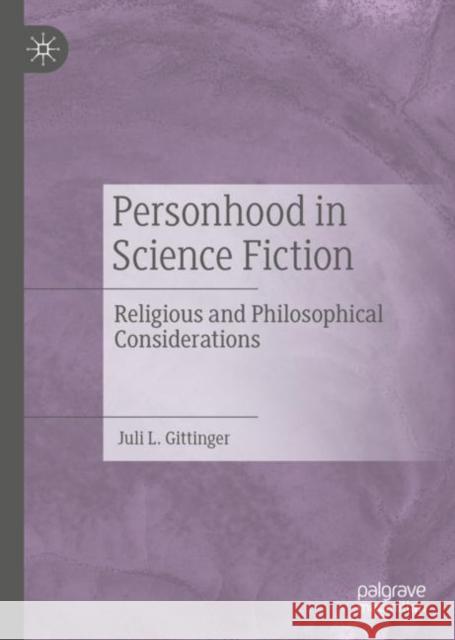Personhood in Science Fiction: Religious and Philosophical Considerations » książka
topmenu
Personhood in Science Fiction: Religious and Philosophical Considerations
ISBN-13: 9783030300616 / Angielski / Twarda / 2019 / 245 str.
Personhood in Science Fiction: Religious and Philosophical Considerations
ISBN-13: 9783030300616 / Angielski / Twarda / 2019 / 245 str.
cena 362,27
(netto: 345,02 VAT: 5%)
Najniższa cena z 30 dni: 346,96
(netto: 345,02 VAT: 5%)
Najniższa cena z 30 dni: 346,96
Termin realizacji zamówienia:
ok. 22 dni roboczych.
ok. 22 dni roboczych.
Darmowa dostawa!
Kategorie:
Kategorie BISAC:
Wydawca:
Palgrave MacMillan
Język:
Angielski
ISBN-13:
9783030300616
Rok wydania:
2019
Wydanie:
2019
Ilość stron:
245
Waga:
0.45 kg
Wymiary:
21.01 x 14.81 x 1.6
Oprawa:
Twarda
Wolumenów:
01
Dodatkowe informacje:
Wydanie ilustrowane











